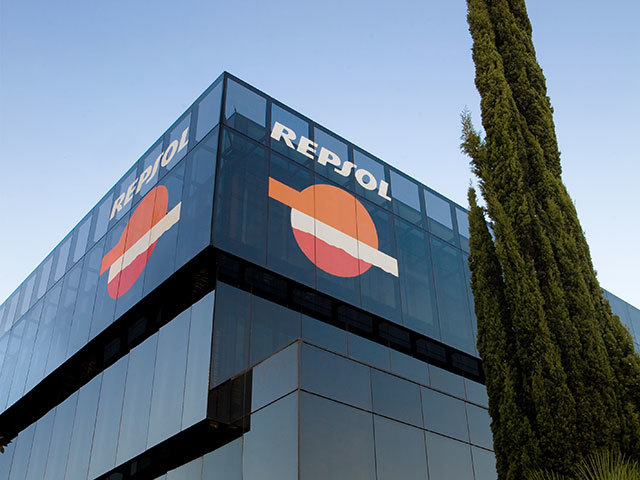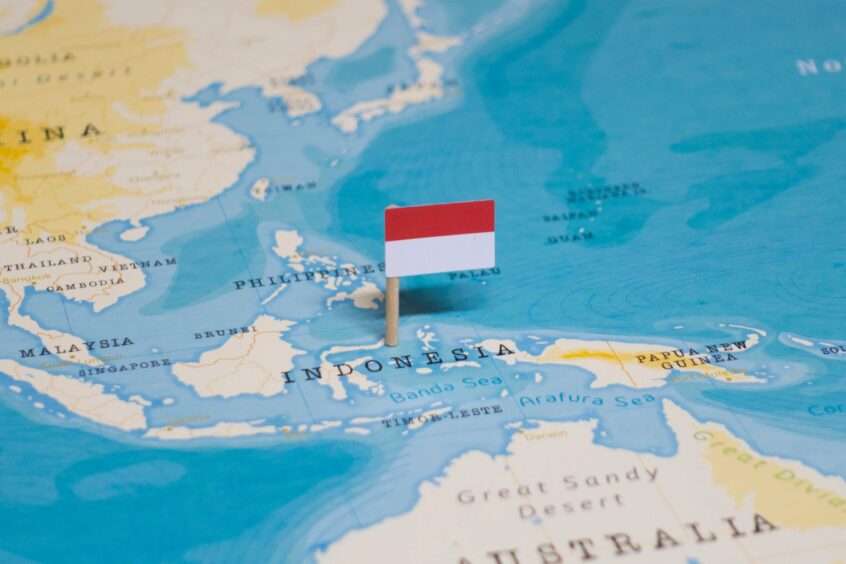
Indonesian upstream regulator SKK Migas has confirmed that Repsol’s (BME:REP) Kali Berau Dalam (KBD) gas discovery, initially thought to be the country’s biggest find in 18 years, is significantly smaller than expected, putting the mega project in doubt.
Disappointing appraisal drilling results have seen the estimated gas reserves at the KBD field, discovered in 2019 at the Sakakemang Block, downgraded to 350 billion cubic feet (cf), from an initial estimate of more than 2 trillion cf, SKK Migas chairman Dwi Soetjipto, told local media recently.
“KBD’s significance was not only that is was one of the largest planned developments in Indonesia but also that it would be the largest development in Repsol’s upstream portfolio by 2025,” noted consultancy Rystad Energy.
Unfortunately, the geology of the South Sumatran field is more complex than first thought, which could see the proposed development significantly shrink in size or stall.
Given the disappointing test results, the development, which planned to produce 2 trillion cf of gas over a 15-year term starting 2027 and included a 2 million tonnes per year (t/y) carbon capture and storage (CCS) scheme, is likely to be scaled back, Andrew Harwood, Asia Pacific research director at Wood Mackenzie, told Energy Voice.
“A previously approved early production plan should still go ahead, but a wider development, including the CCS project, is uncertain,” he added.
The initial early production plan was to pump gas reserves of 445 billion cf with a peak production rate of 85 million cf/day of gas and 34 barrels per day of condensate, with total investment of around $360 million. The next phase of development was likely to target the remaining resource size of around 1.5 trillion cf, with additional investment of over $900 million, including investment on the CCS infrastructure. The KBD gas field’s carbon dioxide (CO2) content is 26%.
Prateek Pandey, vice president analysis at Rystad Energy, noted that it will now be “extremely challenging for Repsol to plan for KBD’s development along with CCS infrastructure.”
More Challenges
Moreover, there are also challenges around gas pricing. Additional volumes of gas were crucial to bolster piped gas exports from Sumatran fields, including the giant Corridor Block, to the lucrative Singapore market. The gas export contract expires in 2023 and it is unclear if it will be renewed, especially as output from Corridor is projected to wane and Indonesia increasingly prioritises domestic markets.
Harwood said that “regulated domestic gas prices are a big bugbear for the upstream industry in Indonesia right now. The government has capped prices for producers at $6/mmbtu to strengthen the position of Indonesia’s industrial manufacturers against international competition and drive new domestic demand. However, operators believe regulated prices are discouraging investment in new gas supply, ultimately reducing the availability of domestic gas.”
Indonesia previously played hardball with Repsol over gas pricing for the proposed KBD development.
“Whether Repsol proceeds with Sakakemang will depend on a re-examination of the project economics, including revised reserve expectations and rising supply chain costs,” added Harwood.
A spokesperson for Repsol told Energy Voice that the Spanish company is continuing to evaluate its options.
“After making our gas discovery at KBD-2X in [2019], we have been progressing an appraisal program to confirm the field’s producible resources. This has included drilling KBD-3X, and doing further tests on both wells, in 2021. The results have confirmed there is significant volume of gas in place, but potentially more compartmentalised than initially anticipated,” said Repsol.
“We are evaluating options to conduct further appraisal activities to reduce the remaining uncertainty on producible resources and engineering work to refine our development concept for the post appraisal resources. Commerciality largely depends on well productivity and number of wells to drain the discovered volumes. We believe a commercial project is still viable. We are incorporating the final data, looking for partner’s and regulator’s alignment on additional appraisal activities and progressing with the visualisation of the development options,” added the company.
“Carbon dioxide (CO2) content remains the same and the CCS project progresses in parallel with the field development as initially planned,” said Repsol.
Still, as Harwood mentioned, “the development will also be viewed in context of the wider Indonesian portfolio and its importance to Repsol’s strategic ambitions.”
As Pandey noted “Repsol in 2021 exited Malaysia and Vietnam, leaving Indonesia as the only Southeast Asian nation in its portfolio. The growth potential and CCS scope from KBD was one of the crucial factors behind its decision to remain in Indonesia.”
Repsol’s partners at Sakakemang are Malaysia’s Petronas and Japan’s Mitsui Oil Exploration (MOECO). It remains to be seen if Repsol and its partners decide to proceed with further appraisal activities and a scaled-down development.
Still, if they did decide to walk away, there are local exploration and production players that could be interested to take over the development, Readul Islam, an Asia upstream specialist at Rystad Energy, told Energy Voice. “There could even be players outside E&P who might feel there’s money to be made, even from a scaled down KBD,” he added.
However, “the concern is that if Repsol and the partners leave Sakakemang, the KBD project risks having its timeline significantly lengthened in the bureaucratic quagmire to find new punters,” cautioned Islam.
Meanwhile, in July, Repsol started drilling the much-anticipated Rencong-1X wildcat in the frontier deepwaters of Indonesia’s North Sumatra basin in the Andaman III Block. The outcome of this campaign could well determine Repsol’s appetite to remain in Indonesia too.
Recommended for you


 © Shutterstock / hyotographics
© Shutterstock / hyotographics